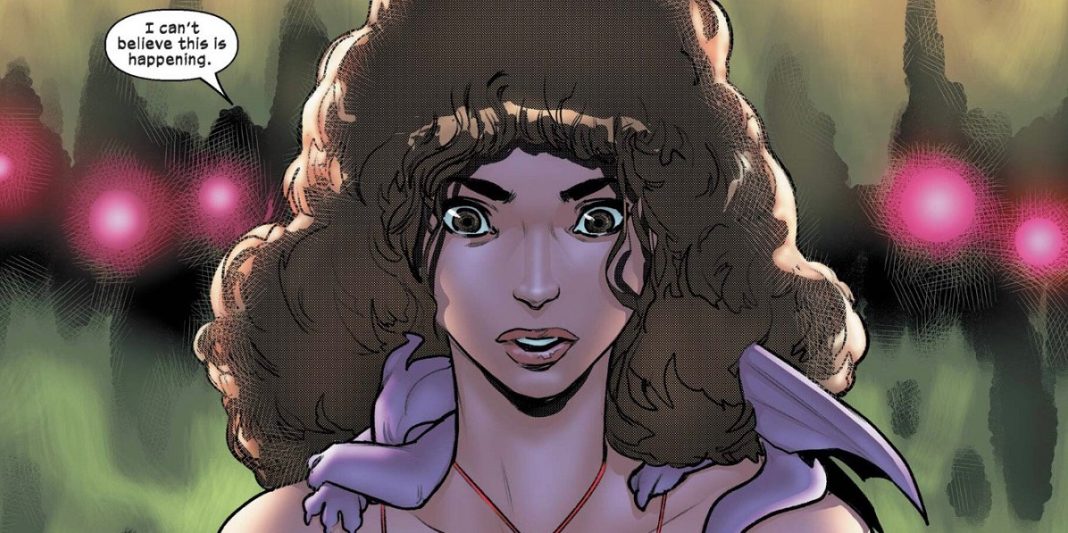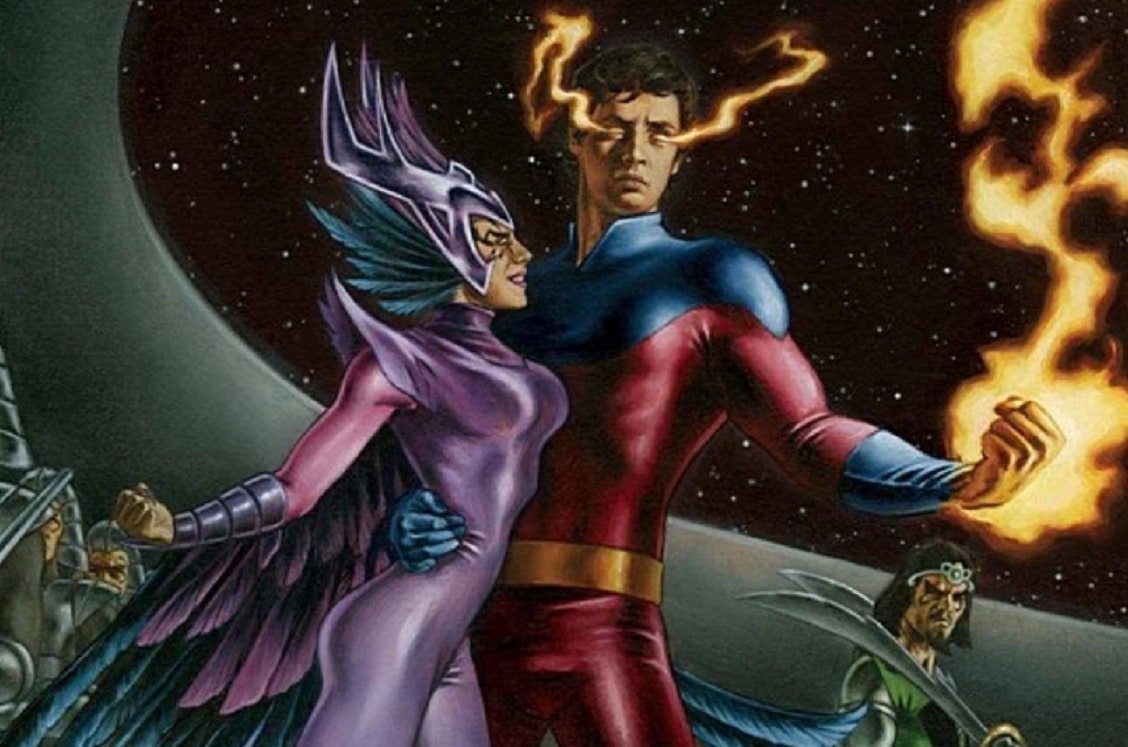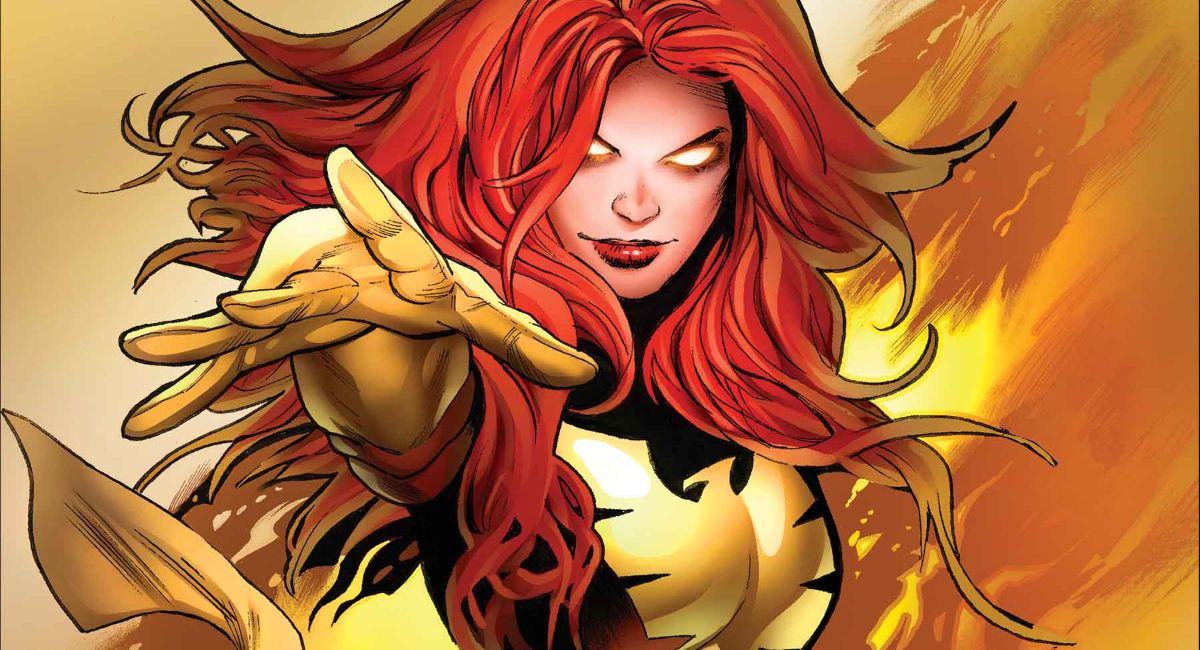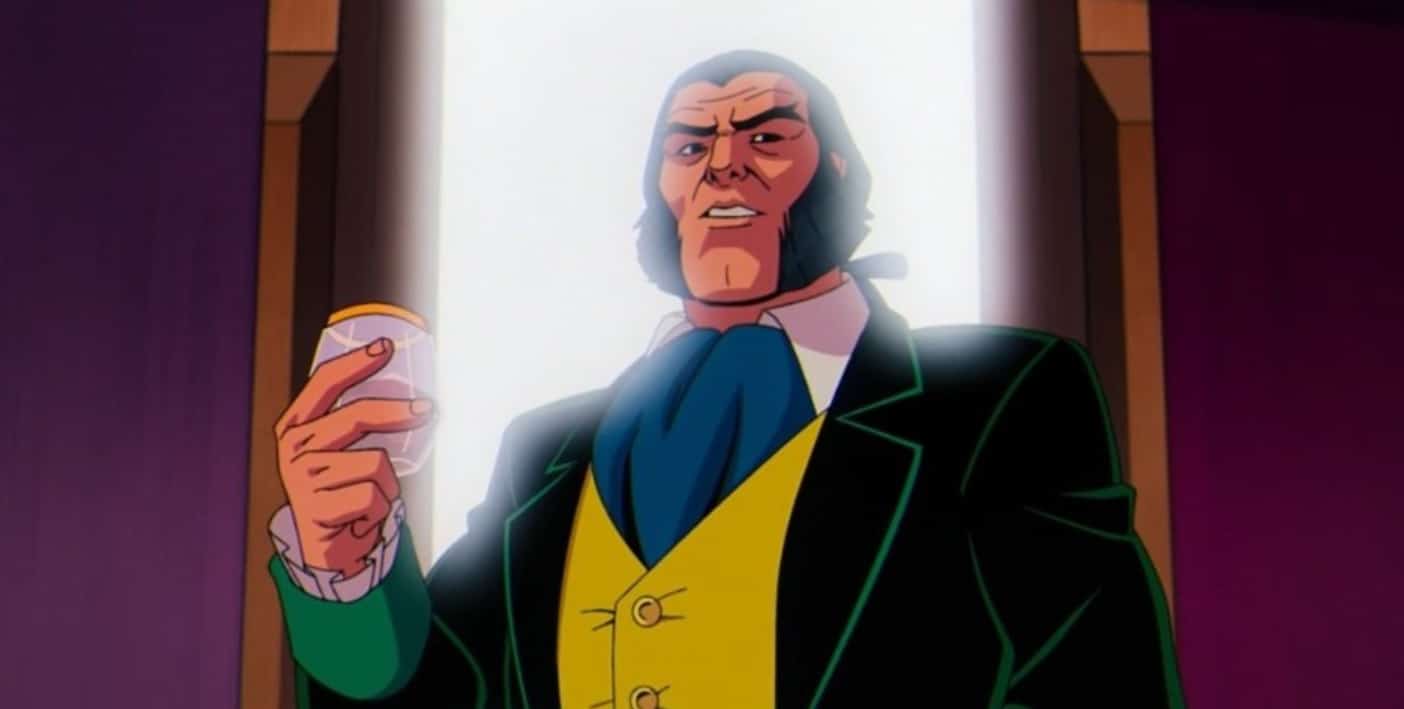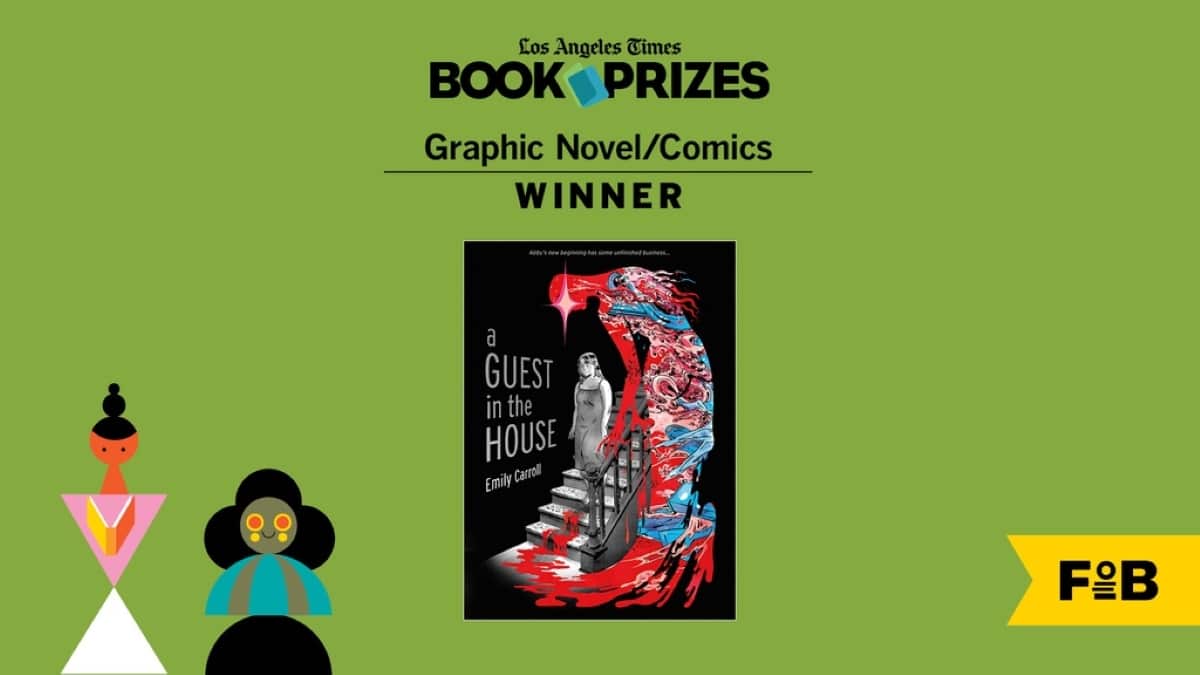Welcome back to Heroes of X – the fairly queer monthly X-Men column with a sister! Have you been keeping up with the series so far? Good, I’m glad you’ve done the homework. If you’re just joining us, feel free to hop on here or head back in time and read previous entries in the two columns that are one! Previously on Heroes of X, we looked at the opening issues of Jonathan Hickman and Leinil Francis Yu’s run on X-Men, while over in the last History of X, we cracked open Uncanny X-Men Omnibus Vol 2 and dug into The Dark Phoenix Saga.
This time around we’re hitting the high seas with Captain Kate Pryde and her ragtag crew of mutant Marauders. The first twelve issues of this series have been collected in a gorgeous hardcover that you can order for yourself right here. Writer Gerry Duggan and artists Matteo Lolli and Federico Blee helm this new title, spinning out of House of X and Powers of X.

Artwork by Russell Dauterman and Matthew Wilson.
I was predisposed to love Marauders from the moment it was announced, I mean, the line-up characters alone sold me, and then that gorgeous Russell Dauterman and Matthew Wilson cover (see above). Gagged, gooped, gasping. Please, I beg of you, follow Dauterman and support their work. They bring so much fashion design sensibility into the comic book medium and the world is better for it. Click through here to look at a swath of their designs for both the 2021 and 2022 Hellfire Galas.
Marauders #1 opens with a bit of a wrinkle in the promise of Krakoa. Kate “Don’t Call Me Kitty” Pryde breaks her nose on her first attempt to pass through a Krakoan gateway *Drama Update* leading to an act of drunken piracy and a slow ocean cruise to the island that is also a mutant. During her journey Kate has time to ponder many things while guzzling Wolverine’s whiskey and accepting Lockheed’s generous gifts of severed seagull wings, chief among her ponderings with regards to the new sentient mutant nation is…

Artwork by Matteo Lolli and Federico Blee.
Being denied entry to the sovereign mutant nation doesn’t sit well with Kate. She’s dubious about the project from the get-go, and malfunctioning gateways or straight-up gatekeeping doesn’t settle her worries. Sure she can make her way there by sea, but not having the same access that her peers are allowed feels like a rejection. And if Kate is unable to use the gateways, what other issue might that lead to? Don’t worry, we’re sure to find out.
Kate is at her most cantankerous in this series. She’s often drunk, foul-mouthed, messy, stubborn, and intrepid in all the ways Kate should be. Kate is also a brutal, savage fighter in a way we haven’t witnessed in a very long time if ever. The first battle we’re shown in Marauders has her utilizing not only her mutant power, but also hand-to-hand combat, weapons training, gymnastics, and dance all beautifully rendered by Matteo Lolli. This diversity of tactics fits Kate’s history well and is a nice change of pace from times when she has been treated as a less-than-offensive member of the team. When Kate phases a machine gun into the leg of two soldiers and leaves it there to resolidify inside them, y’all I literally screamed “yes bitch” and scared the shit out of my dog. Kitty was never the “good girl,” despite how some may position her, she’s always had an edge.

Artwork by Matteo Lolli and Federico Blee.
First introduced in Uncanny X-Men #129 in January 1980, Katheryn “Kitty” Pryde is the only child of suburban couple Carmine and Theresa Pryde. The young mutant is Jewish and proud of her heritage and faith (while perhaps not the most observant of certain practices), and she is shown to be strong-willed and intelligent from her first appearance. While Kitty is smart and quite capable, she is introduced as a child struggling with her parents dissolving marriage and her burgeoning mutant power. In her early appearances during the Claremont and Cockrum years, Kitty acts as a sort of audience surrogate, often experiencing the world of the X-Men for the first time along with the reader.
Then 40 years later in Marauders #1 (around 15ish years in-universe, Marvel time is complicated), Kate arrives on Krakoa feeling like an outsider. Why can every other mutant easily pass through Krakoan gateways while she can’t? What do you do when you don’t feel welcome in the place that is supposed to be your home? Kate has gone through many phases of feeling othered: as a mutant, as a woman, as a Jewish person, and as a survivor of manipulation and abuse. While her mentor Wolverine might thrive in isolation (I mean, he constantly says he’s a loner but the dude is also constantly hanging out with folks), Kate desires community and understanding, even if she’s not always sure how to be open enough to get them.
Never one to take disappointment lying down, Kate is a character who always asserts her agency. So when faced with what feels like rejection, rather than wallowing (for long), Kate attempts to find a way to make herself useful. When Emma Frost, once Kate’s bitter enemy, now trusted ally, propositions her with an opportunity to become an emissary of Krakoa and “liberator” of mutants trapped in hostile countries, Kate finds a purpose once again, bringing those in need of community together.

Artwork by Matteo Lolli and Federico Blee.
I Am The Red Queen, Bitch
The scenes that Duggan and the team create between Frost and Pryde are utterly charming and set the tone for their working relationship throughout the series. Addressing Kate’s name change and the X-Men’s inability to keep up, Kate speaks to the cyclical nature of superhero comics, to some, including many of her readers and fellow mutants, she will always be Kitty. This candid, casual, and hilarious conversation nails the voices of both characters, showing an understanding of both women that was perhaps lost during the X-Men Gold and Inhumans Vs X-Men eras.
Both Kate and Emma are power players in the X-Universe, though they’ve each spent periods of publication history out of the limelight, be it in a psychic coma or flying through the galaxy phased inside a giant bullet. You know, standard stuff. When they’re around and written well, they make shit happen. Pairing them together on this series works great, especially because Duggan doesn’t write them with tacky tropes like some writers that I won’t mention…in this sentence but I’ll mention in the next. These characters have come a long way from their more catty and adversarial relationship in Whedon and Cassaday’s Astonishing X-Men.
Having an entire series that is built around mutant women making power plays and working together is refreshing for this reader, and apparently frustrating to toxic men like Sebastian Shaw. Shaw has long represented the worst parts of white male patriarchy. He’s not only extremely wealthy and connected, but his mutant power of absorbing and metabolizing energy renders him nearly impossible to harm. The metaphor of the indestructible man isn’t far from the “uncancelable” man we see in our daily lives. The headlines are full of horrible white male bastards who seem to absorb anything that gets thrown at them and just keep coming back.

Artwork by Matteo Lolli and Federico Blee.
Shaw works well as an antagonist in Marauders alongside the growing threat of anti-mutant groups including Homines Verendi (formally the all-new, all-adolescent Hellfire Club, they’re a big part of Jason Aaron’s run on Wolverine and the X-Men which just had a great omnibus reprint) and a radicalized Russian military force. Shaw is one of several “devils” you know who have made their way onto Krakoa’s Quiet Council despite their past misdeeds. The complex and morally dubious build of the Quite Council mirrors the ethical compromises that people make in nation-building.
We know Shaw will pull some bullshit, as Kate and Emma know Shaw will pull some bullshit, but the how, the what, and the when of it all makes for thrilling comic book reading. In Marauders #3, Shaw resurrects his frustratingly named son Shinobi Shaw (listen, his name means “Ninja The Parts Of A Potato Above The Ground”) and blames Shinobi’s death on Emma and Kate when in actuality Shinobi killed himself in Matthew Rosenberg and Salvador Larroca’s stressful Uncanny X-Men run that preceded the HOXPOX relaunch. Then when Sebastian makes his move to kill Kate at sea and position Shinobi as Red King of the Hellfire Trading Company, we get pissed along with Emma, Storm, and the Marauder crew.
Sebastian Shaw’s brutal while expected betrayal and assault on Kate would be more upsetting if the prospect of resurrection wasn’t baked into the Krakoan era. While they stretch out the drama of it all and create great emotionally resonant scenes for Storm, Emma, and Iceman, we all knew that Kate was coming back and with the right hair to boot. And I’m jumping the gun here, but after X of Swords, Kate, Emma, and Storm serve swift justice to Shaw in Marauders #16, an issue that will live in my X-Men hall of fame for all time.


Artwork by Matteo Lolli and Edgar Delgado.
Aside from her tutelage and mentorship with Wolverine, Kate’s closest relationships are with women. Storm has been a surrogate mother figure to Kate and her long-standing friendship and alluded-to romances with Illyana Rasputina AKA Magik and Rachel Summers AKA Prestige (shudder, that code name is rough) are both built on an understanding that runs deeper than mutant solidarity. These women care for each other in a way that reaches beyond the platonic and ventures into the queer — even if we’re still waiting for on-page confirmation.
I appreciate that Kate and Colossus don’t have much to do with each other in the modern era. That relationship, while shipped by some, feels like a relic of the past. The dynamic was iffy in the ‘80s and felt straight-up forced in the 2000s. The characters kept being shoved back together and it never worked for me. I was especially not a fan of the marriage plotline in X-Men Gold, and I was honestly overjoyed when Kate bailed. Surround Kate with women, it makes way more sense.
Introducing Callisto to the mix of Marauders in issue #7 is a masterstroke. One of Storm’s rivals slash girlfriends, Callus was first introduced in Uncanny X-Men #169 by Chris Claremont and Paul Smith as leader of the Morlocks, an underground community of mutants who’ve been rejected by human society and in turn, rejected human society right back. Callisto is a tough bitch who has unfortunately been failed by continuity. After her early appearances in Uncanny X-Men, the character struggled to find a writer-artist team who appreciated her particular brand of butch badassery. Duggan and the team do a great job bringing Callisto into the modern era with a sharp edge and less baggage.

Artwork by Stefano Caselli and Edgar Delgado.
In particular, Callisto’s brief but poignant reunion with Storm and later her scene with Jumbo Carnation celebrate what Callisto brings to the X-universe. Connor Goldsmith and Spencer Ackerman discuss Callisto in-depth on a recent episode of the Cerebro podcast, highlighting the fact that she should always be in a position of mutant leadership. The Morlocks and Callisto point to the failures of Charles Xavier’s X-Men project and indict his assimilationist approach to dealing with the issue that face mutantkind. With Krakoa, Xavier is embracing an ideology that hews closer to that of the Morlocks and yet still leans towards the lawful and paternalistic. Introducing Callisto to the mix allows for more alternative perspectives to the status quo. I could stand to have a whole book focused on the Morlocks of Madripoor, but hey, if I had my druthers there would be about 40 X-books each tailored to a specific niche that I want to read more about.
While I enjoy what Marauders does with Iceman, Pyro, and to a larger degree Bishop, this series for me (as may be obvious from the column so far) is about the women and that is a good thing. As Steve Orlando and Eleonora Carlini embark on a new voyage with the Marauders relaunching into space, there is a lot to look forward to. Will Erik the Red put everyone in bondage Viking outfits? Will Tempo become a huge star and finally receive her flowers? Will Cassandra Nova ruin everything? Perhaps, only time will tell, and I for one can’t wait to watch the galactic plundering that is about to ensue.

Artwork by Stefano Caselli and Edgar Delgado.
Note On Marauders #11 and Kate Pryde’s Jewish Identity
Some Jewish readers of expressed frustration or concern over Kate Pryde’s knuckle tattoos and her funeral as depicted in Marauders. While I personally have no issues with these inclusions, I want to link to a couple of articles about the subject of Kate’s Jewish identity as depicted in this series as I think it’s a very important discussion and there’s some great writing out there. Rachel Knight’s piece on the issue can be found here on Women Write About Comics and Zach Rabiroff’s piece on the subject can be found here. It is worth noting that Marvel doesn’t have the best track record with Jewish representation and as one of the most prominent Jewish mutants, it’s important that Kate Pryde be given appropriate consideration and care.
Buy the Marauders Vol. 1 Hardcover!
Read more entries in the Heroes of X / History of X series!
Micheal Foulk is a non-binary queer writer, comedian, and organizer thriving in Oakland, California. They are the co-host of I’m Not Busy — a weekly podcast with Vanessa Gonzalez — the co-creator of the LGBTQ+ storytelling show Greetings, from Queer Mountain, and the curator of the film screening series Queer Film Theory 101, produced in collaboration with Alamo Drafthouse Cinemas. Their work has been published in Slate, Vice, Into, and TimeOut NY.
Micheal will make you a playlist if you ask nicely.


